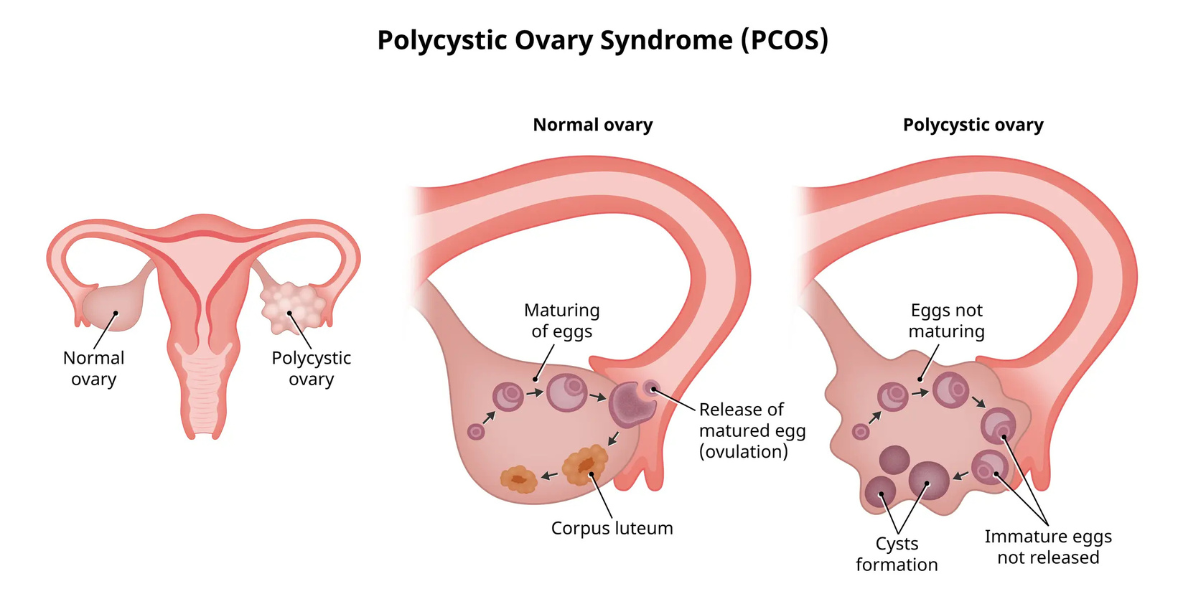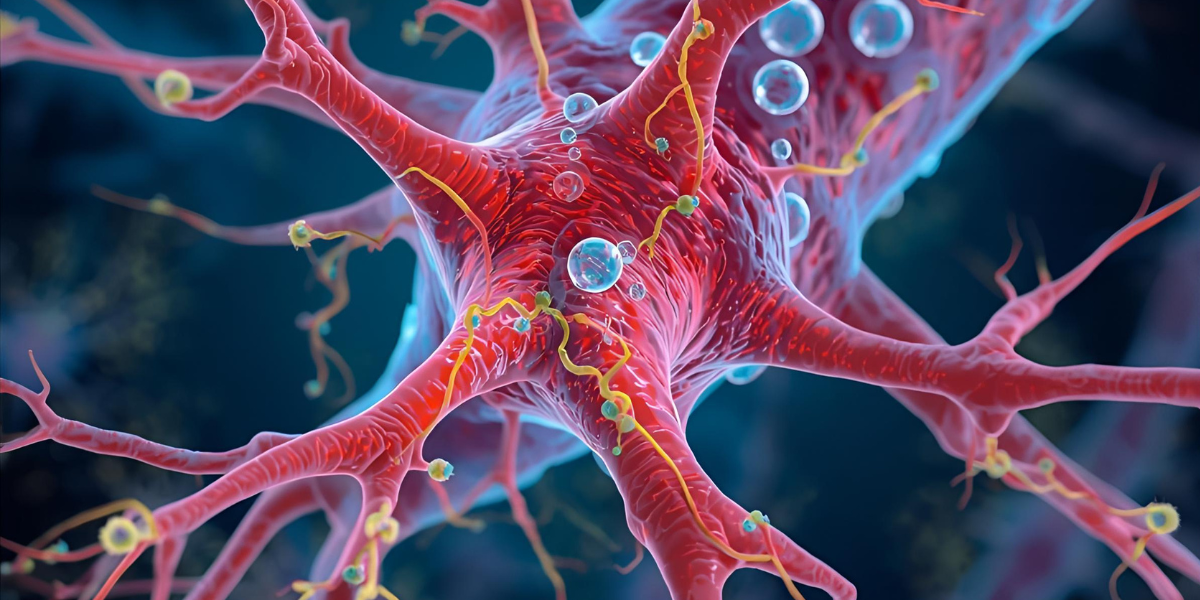
Can You Inherit Fertility Problems?
Fertility is a trait which is influenced by various factors like lifestyle, environment, and genetics. While issues like stress, poor diet, and smoking can impact male fertility, genetics plays a huge role in sperm production, hormone levels, and reproductive health.
How Genetics Influences Male Fertility
Genes control many aspects of sperm production, from the development of reproductive organs to hormone regulation. Any mutation or abnormality in these genes can affect fertility in different ways. Low sperm count is when some men inherit genetic conditions that reduce the number of sperm produced. Genetics can also influence poor sperm motility which can lead to sperm that are unable to swim effectively, making fertilization difficult. Some genetic mutations can cause defects in sperm structure, reducing the chances of successful conception. Genes also influence testosterone levels and such hormonal imbalances can impact sperm production and overall fertility.
Genetic Conditions That Affect Male Fertility
Certain inherited conditions have been linked to male infertility. Here are some of the most common ones:
1. Klinefelter Syndrome (XXY Syndrome)
Klinefelter syndrome occurs when a male is born with an extra X chromosome (XXY instead of XY). This leads to low testosterone levels, reduced sperm production, and sometimes infertility. Men with this condition may have smaller testicles, breast enlargement, and reduced muscle mass. In some cases, fertility treatments like testicular sperm extraction (TESE) and IVF can help.
2. Y Chromosome Micro deletion
The Y chromosome carries genes essential for sperm production. In some men, a portion of this chromosome is missing, leading to low sperm count or even complete absence of sperm. This condition is inherited and can be passed to male offspring.
3. Cystic Fibrosis
Cystic fibrosis (CF) is an inherited disorder that affects the lungs and digestive system, but it can also impact male fertility. Many men with CF are born without a vas deferens, the tube that carries sperm from the testicles to the urethra. While they produce sperm, the absence of this tube prevents natural conception. Sperm retrieval and assisted reproduction techniques like IVF can help.
4. Kallmann Syndrome
This rare genetic disorder affects the production of gonadotropin-releasing hormone, leading to delayed or absent puberty and low testosterone levels. Men with Kallmann syndrome may have small testes and reduced or no sperm production. Hormone therapy can sometimes help restore fertility.
Can Male Infertility Be Passed Down?
Yes, in many cases, genetic infertility can be inherited. If a man has a Y chromosome microdeletion, for example, his male children may inherit the same infertility issue. However, conditions like Klinefelter syndrome may not be passed down directly.
If you have a family history of infertility, genetic testing can help identify potential risks before trying to conceive. Many fertility clinics now offer genetic screenings to assess sperm health and detect inherited conditions.
What Can Be Done to Overcome Genetic Fertility Issues?
While genetic conditions cannot be changed, medical advancements have made it possible for many men with inherited fertility issues to father children. Procedures like IVF (In Vitro Fertilization) and ICSI (Intracytoplasmic Sperm Injection) can help men with low sperm counts conceive. For conditions like Kallmann syndrome or testosterone deficiency, hormone replacement therapy can improve fertility. In cases where sperm is not present in the semen, procedures like TESE (Testicular Sperm Extraction) can help retrieve sperm directly from the testes.
Conclusion
Male fertility is influenced by both lifestyle and genetics. While genetic conditions can make conception more challenging, advancements in reproductive medicine offer many solutions. If you suspect that an inherited factor is affecting your fertility, seeking medical advice early can help you explore the best options for starting a family.






